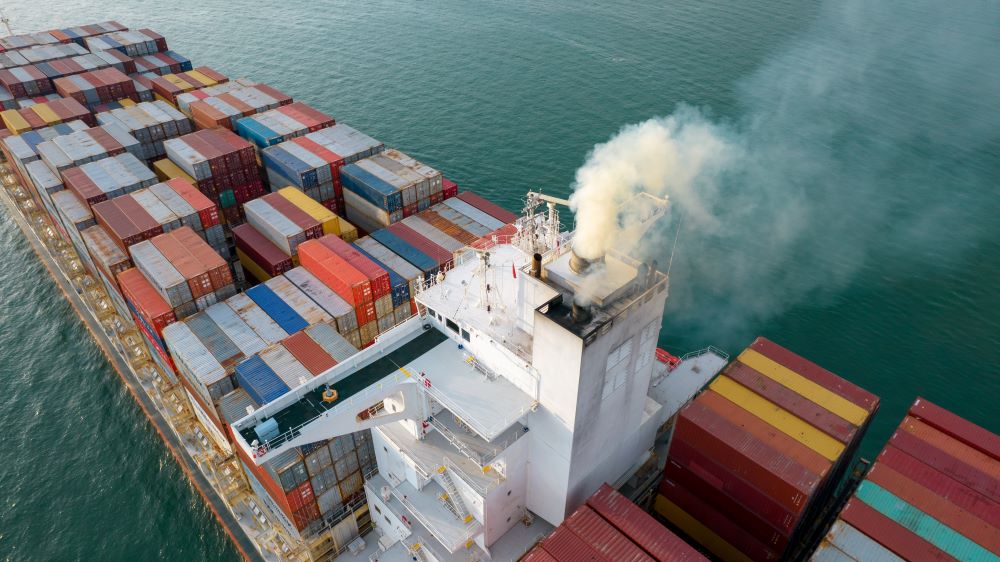
The UN’s Intergovernmental Panel on Climate Change (IPCC) has published a new report that has been described as a ‘code red’ warning for humanity.
According to the BBC, the landmark study warns of increasingly extreme heatwaves, droughts and flooding, with a key temperature limit from the Paris Climate Agreement set to be broken in just over a decade.
It notes: “Human influence is very likely the main driver of the global retreat of glaciers since the 1990s and the decrease in Arctic sea ice area”.
The report also included warnings that there will be difficulties in decarbonising global shipping and aviation.
Supply chains
As reported in yesterday’s IOE&IT Daily Update, supply chains are already being impacted by extreme weather that is possibly being bought about by climate change.
Captain Andrew Kinsey, a marine risk consultant, told AGCS that climate change volatility is increasingly impacting shipping and logistics.
“Weather is no longer seasonal. Year round we see tornadoes, hurricanes, floods and storms affecting shipping and inland marine, as well as associated infrastructure. Almost every mode of transport is affected, with a knock-on effect for supply chains,” he said.
Cut emissions
Scientists have set out various possible scenarios, depending on how effective the world’s nations are at cutting the amount of carbon dioxide emitted into the atmosphere.
Under the best-case scenario, emissions would need to be halved from the 2015 total to 20 gigatonnes by about 2035 and to zero in the early 2050s.
The Telegraph reports that there is little consensus about what the cost of achieving net zero will be, and that the bill could be in the trillions.
Freight challenges
In shipping and heavy goods vehicles, moves are already underway to cut carbon emissions.
As reported in IOE&IT Daily Update, the EU wants to add shipping to its European Union Emissions Trading System (ETS) from 2023, requiring ships to hold permits if using EU ports.
The UK has backed an e-highways scheme that will see HGVs powered by overhead cables, reports the Guardian.
A 20km section of motorway near Scunthorpe could be up and running by 2024 as a study on how to decarbonise road freight.
Freight impact
However, the IPCC report, titled ‘Global Warming of 1.5 degree centigrade’, noted that electric battery technology is not yet suitable for powering heavy air freight loads over huge distances – a key solution for reducing emissions in the aviation industry.
According to the European Commission, maritime transport also emits 940 million tonnes of CO2 annually, emitting 2.5% of global greenhouse gasses.
Green trade
A ‘green trade’ report by the DIT last month outlined the opportunities that reaching net-zero presents UK companies that export British knowledge in renewables.
International trade secretary Liz Truss said: “Green trade presents a major opportunity for the UK, creating high-value jobs in the low-carbon economy, driving sustainable growth in all corners of the nation, and fuelling technological innovations that can be exported to the world.”
According to a new report, the UK’s green economy is already four times larger than its manufacturing sector, reports the Guardian.



